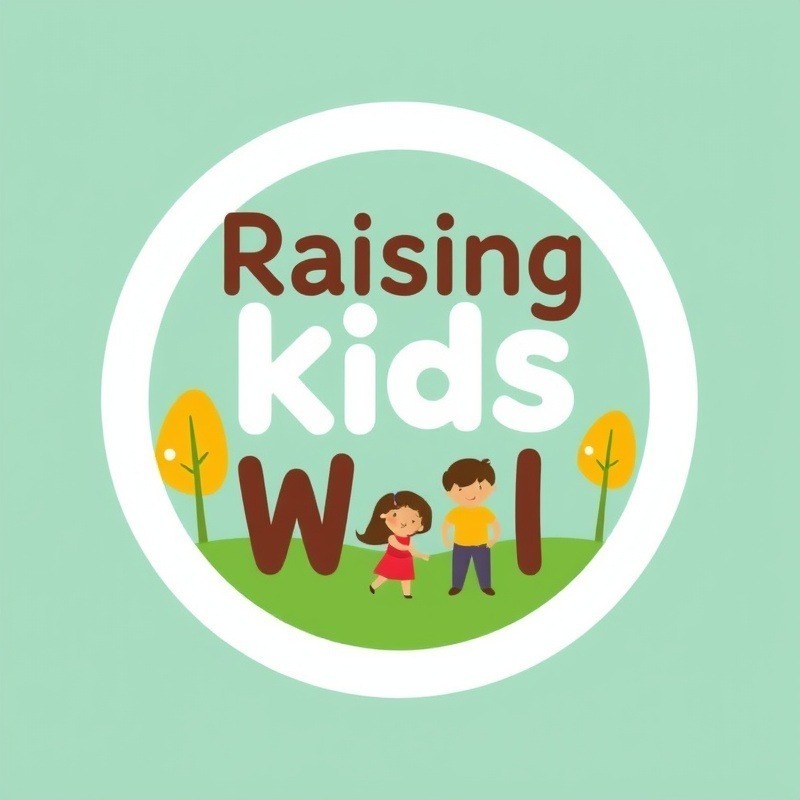
Understanding Grief: A Vital Lesson for Parents
As August 30 approaches, it serves as a reminder of National Grief Awareness Day, an opportunity for parents to take stock of the myriad ways grief can manifest in their adolescent children. The teenage years are a tumultuous time, marked by significant changes, experiences of loss, and, for many, the emergence of grief in their lives. For parents, understanding the various types of grief can foster empathy and better communication with teenagers navigating these tumultuous emotional waters.
Anticipatory Grief: Preparing for the Inevitable
One form of grief that adolescents might encounter is anticipatory grief. This can occur when teens sense that a loss is imminent, such as when a friend is moving away or when a family member is ill. Even in the absence of a definitive event, emotions can flood in—worry, sadness, and even anger. Acknowledging these feelings is crucial. Encouraging teens to express anticipatory grief can help them prepare mentally and emotionally for the changes ahead, choosing healthier avenues to cope with these powerful emotions.
Disenfranchised Grief: When Loss is Unacknowledged
Another crucial form of grief that parents can help their teenagers understand is disenfranchised grief. Often, the losses adolescents face—such as a breakup or losing a beloved pet—may not seem significant to adults. Yet, for a teen, these losses can be intensely painful. By validating their experiences and encouraging open dialogue about their grief, parents can help their children understand that all feelings of loss are valid, whether they're commonly recognized or not.
Delayed Grief: The Hidden Emotions
Grief doesn’t always express itself in an expected timeframe. For some teens, delayed grief may rear its head unexpectedly. They might seem fine initially, only for grief to bubble up weeks or months later after a seemingly unrelated event. Helping teens identify these emotions when they arise can empower them to process their grief more effectively, promoting healthy emotional release. Techniques such as journaling or discussion groups can provide safe spaces for exploring these late-emerging feelings.
Collective Grief: Mourning Together
Tragedies that affect communities, like natural disasters or school shootings, can trigger collective grief among teenagers. While these experiences unite them in shared sorrow, it can also feel overwhelming. Engage your teens in conversations about current events that impact their lives, allowing them to process their feelings in a relatable context. Highlighting that it is okay to feel sad for the broader community fosters compassion and aids in understanding that they are not alone in their experiences.
Complicated Grief: When Grieving Becomes Stagnant
For some, grief might evolve into a state known as complicated grief, where feelings of despair and hopelessness become entrenched. This can isolate teens even further from their peers and family. If parents notice that their teenagers are struggling weeks or months after a loss, it might be time to seek professional help. Counseling can provide valuable coping tools, creating paths to healing that might be difficult for the teen to forge alone.
Identity Grief: The Loss of Self
Adolescence is a period of self-discovery, and with that can come identity grief. This type occurs when a teen feels they are losing a part of themselves—perhaps through a transition like ending a sport or moving away from a friend group. Parents can support their children by encouraging discussions about self-identity and the emotional upheaval that often accompanies these changes. Recognizing the impact of identity grief and allowing space to mourn can empower teens to navigate their transformative years successfully.
Recognizing Symptoms of Grief
Grief manifests in various ways—through anger, withdrawal, sadness, or even laughter at inappropriate times. As parents, being observant of these varied responses can facilitate earlier interventions and support. Encourage your teens to articulate what they are feeling, and normalize discussions around grief.
Conclusion: Encouraging Open Dialogue about Grief
The complexities and forms of grief that teenagers might experience are significant. By learning about these various types of grief and creating an environment that encourages open dialogue, parents can foster understanding and support for their children in distress. The importance of communication during these times cannot be overstated—parents might very well be the first line of understanding and companionship a teen encounters in their journey through grief. On National Grief Awareness Day, commit to fostering these critical conversations with your teens to empower them through life’s challenges.
Ultimately, understanding the nuances of grief enables parents to support their teens effectively. As we commemorate National Grief Awareness Day, consider engaging in deeper discussions about grief with your teen—this simple step can aid not just in understanding loss but also in building a stronger relationship during a critical transitional period in their lives.
 Add Row
Add Row  Add
Add 



Write A Comment